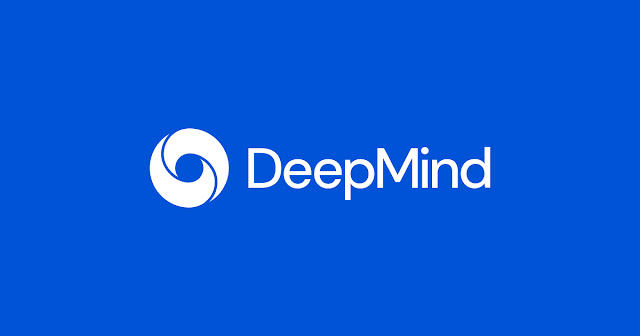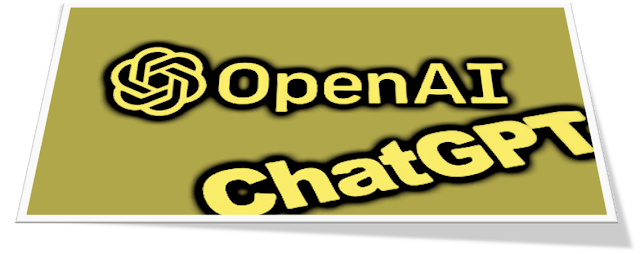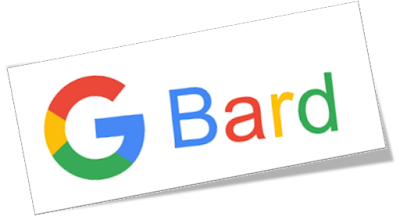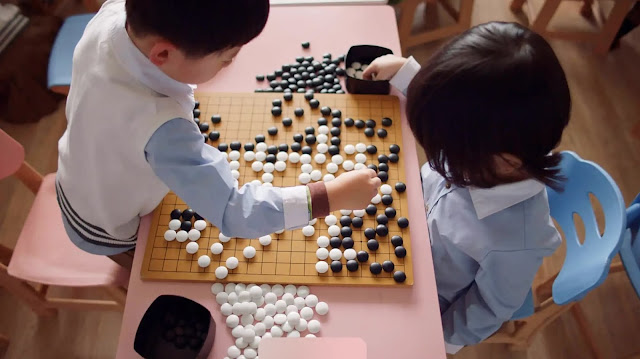Tech Titans Unite: Google and DeepMind Set Aside Rivalry to Take On OpenAI's ChatGPT
Highlights
AI Chatbots Background
ChatGPT Emergence
One of the most advanced AI chatbots in the world is ChatGPT, developed by OpenAI, a research organization founded by a group of prominent tech entrepreneurs and investors, including Elon Musk, Peter Thiel, and Reid Hoffman. ChatGPT is based on a large language model (LLM) called GPT-3, which can generate text on almost any topic given some keywords or prompts. ChatGPT can also learn from its interactions with users and adapt its responses accordingly.
Microsoft Angle
ChatGPT has been integrated into Microsoft's Bing search engine, allowing users to chat with it on various topics. Microsoft has also invested $1 billion in OpenAI in 2019, giving it exclusive access to GPT-3 and future LLMs developed by OpenAI.
Google Attempt on AI
Google, on the other hand, has been lagging behind OpenAI in the field of AI chatbots. Google has its own LLM called LaMDA, which it unveiled in 2021 as a conversational AI system that can talk about anything. However, LaMDA has not been widely available to the public or developers, unlike GPT-3.
Google Bard
Google's first attempt to compete with ChatGPT was Bard, an AI chatbot that was announced in early 2023. Bard was based on a lightweight and optimized version of LaMDA, which Google claimed was not trained on any data from ChatGPT or GPT-3. However, Bard failed to impress users and critics with its performance and quality. Moreover, Bard's release was overshadowed by the resignation of a prominent Google AI researcher who had raised ethical concerns about its development to Alphabet CEO Sundar Pichai and other executives.
Google and DeepMind Collaboration
In response to OpenAI's success and Bard's failure, Google decided to take a drastic step: It joined forces with DeepMind, an AI lab that is a sibling company within Alphabet. DeepMind is known for its groundbreaking achievements in AI, such as creating AlphaGo, an AI system that defeated the world champion of Go, a complex board game. DeepMind has also been working on its own LLM called MuZero, which can learn from scratch without any human data or guidance.
Google's Brain AI group and DeepMind have started a joint project called Gemini, which aims to develop a new AI chatbot that can rival or surpass ChatGPT. Gemini is expected to leverage the strengths and expertise of both teams, as well as the latest advances in LLMs and conversational AI. Gemini is still in its early stages of development, but it could be a game-changer for Google and Alphabet in the race for AI supremacy.
The collaboration between Google and DeepMind is remarkable because it marks a rare moment of cooperation between two AI research teams that have been historically competitive and secretive. Google acquired DeepMind in 2014 for $500 million, but it gave it a high degree of autonomy and independence within Alphabet. DeepMind has its own CEO, Demis Hassabis, who reports directly to Pichai. DeepMind also has its own culture, vision, and ethics board that oversees its research.
Google and DeepMind have often clashed over various issues, such as data sharing, resource allocation, talent recruitment, and research direction. For instance, DeepMind refused to share its data with Google for developing Google Photos' face recognition feature in 2015. In 2016, Google tried to poach some of DeepMind's top researchers for its own AI projects. In 2018, DeepMind protested against Google's involvement in Project Maven, a controversial Pentagon program that used AI for drone warfare.
However, faced with the common threat of OpenAI and Microsoft, Google and DeepMind have decided to put aside their grudges and join forces to chase OpenAI. This could be a sign of a new era of collaboration and innovation within Alphabet's AI ecosystem. It could also be an opportunity for Google and DeepMind to address some of the ethical and social challenges posed by LLMs and conversational AI.















No comments: